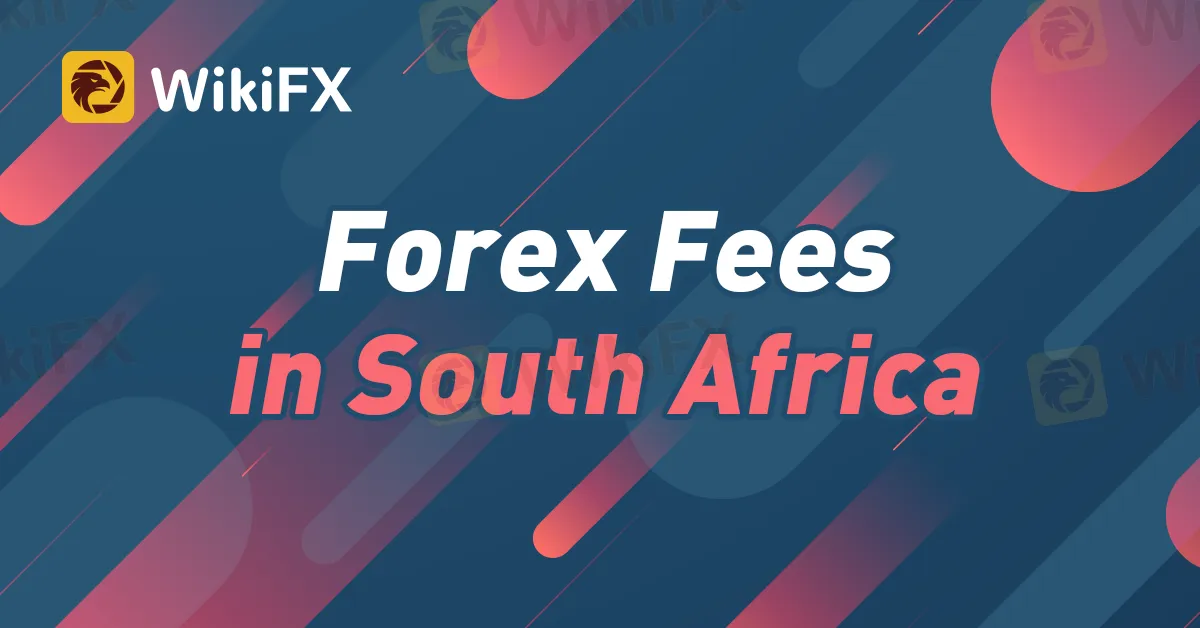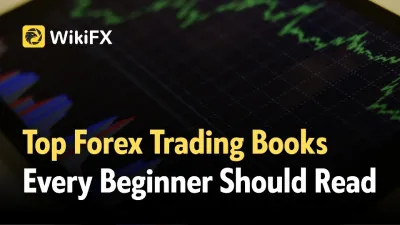简体中文
繁體中文
English
Pусский
日本語
ภาษาไทย
Tiếng Việt
Bahasa Indonesia
Español
हिन्दी
Filippiiniläinen
Français
Deutsch
Português
Türkçe
한국어
العربية
Forex Fees in South Africa
Abstract:Forex trading has become increasingly popular in South Africa in recent years, with many individuals looking to invest in global currencies and potentially make significant profits. However, with this rise in popularity comes a need for clarity on what traders are really being charged for forex in South Africa.

Forex trading has become increasingly popular in South Africa in recent years, with many individuals looking to invest in global currencies and potentially make significant profits. However, with this rise in popularity comes a need for clarity on what traders are really being charged for forex in South Africa.
The first thing to understand is that there are several costs involved in forex trading, and these can vary depending on the broker you choose and the type of account you open. The most common fees charged by forex brokers in South Africa include spreads, commissions, swap fees, and account maintenance fees.
The spread is the difference between the buy and sell prices of a currency pair, and this is where most brokers make their money. Generally, the tighter the spread, the better for the trader. Commissions are another common fee, and some brokers charge a fixed commission per trade or a percentage of the trade's value.
Swap fees, also known as rollover fees, are charged when a trader holds a position open overnight, and this fee is based on the interest rate differential between the two currencies being traded. Account maintenance fees are another cost to consider, and some brokers charge a monthly fee to keep your account active.
When selecting a forex broker in South Africa, it's important to look at all of these costs and compare them across different brokers to find the best value for your trading needs. It's also worth noting that some brokers may offer additional services, such as educational resources and trading tools, which can add value and potentially justify higher fees.
One resource that can help traders in South Africa find reliable and reputable forex brokers is WikiFX. WikiFX is a platform that provides information and ratings on forex brokers, including their regulatory status, trading conditions, and customer feedback. This can be a valuable tool for traders looking to make informed decisions about where to invest their money.
In conclusion, forex trading in South Africa can be a profitable venture, but it's important to understand the costs involved and compare them across different brokers. By doing your research and using resources like WikiFX, you can find a reliable and cost-effective forex broker that meets your trading needs.

Disclaimer:
The views in this article only represent the author's personal views, and do not constitute investment advice on this platform. This platform does not guarantee the accuracy, completeness and timeliness of the information in the article, and will not be liable for any loss caused by the use of or reliance on the information in the article.
Read more

Forex Success Stories: Lessons You Can Use to Win
There can be many ups and downs even for the world’s best forex traders. However, they remain undeterred in their vision to overcome the challenges that come their way. That’s why they form part of forex success stories that continue to inspire generations. One can inherit some lessons to be among successful currency traders. In this article, we will be sharing the lessons you can use to be successful in forex trading.

Top Forex Trading Books Every Beginner Should Read
Boost your forex trading with the best beginner books! Discover top forex books for beginners covering essential strategies, trading psychology, risk management, and success tips.

Top Forex Pairs for Scalping: Best Currency Choices Explained
Discover the best forex pairs for scalping in 2025. Learn which currency pairs offer top liquidity, tight spreads, and volatility for fast, profitable trades.

What Is a Forex Spread? Learn the Basics Now!
Learn what forex spreads are, how they impact your trading costs, and strategies to minimize them. Master bid-ask spreads with our complete 2025 guide.
WikiFX Broker
Latest News
Euro zone inflation holds steady at higher-than-expected 2% in July
Forex Success Stories: Lessons You Can Use to Win
Scam Alert: FCA Issued Warning! Check the List of Unauthorized Brokers Below!
FCA Forex Trading Regulations Explained – What Every Trader and Broker Must Know
FIBO Group: A Closer Look at Its Licenses
Making Money with Forex Weekend Trading
Interactive Brokers Expands Forecast Contracts to Europe
Robinhood Gains 2.3M New Accounts, Platform Assets Close to $280B
CVS shares pop on earnings beat and outlook, as retail pharmacy and insurance units improve
CNBC's Inside India newsletter: Why an India-U.K. trade deal does not make U.S.-India agreement any easier
Currency Calculator


